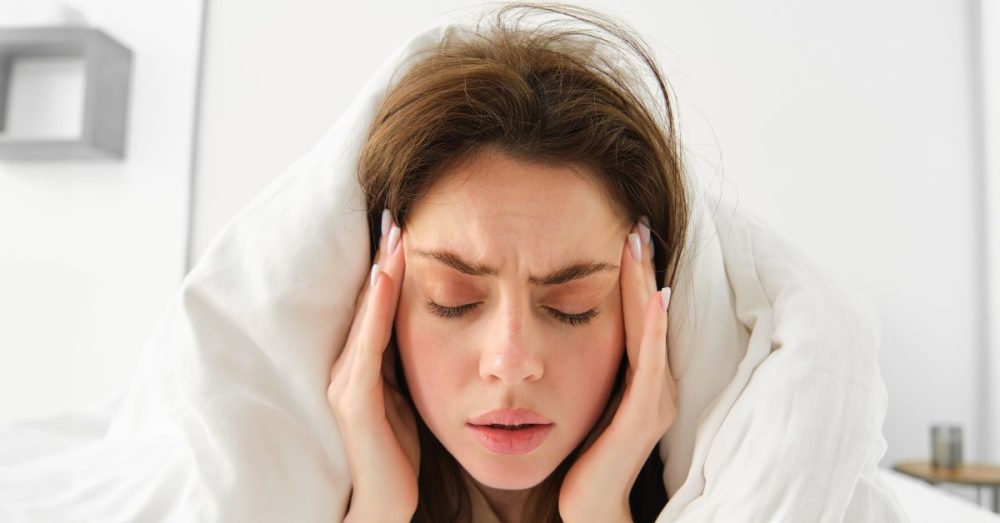More than a billion people around the world suffer from migraines, but a new drug may offer some hope.
According to the National Institute of Neurological Disorders and Strokes, migraines are moderate to severe attacks of radiating, throbbing pain on one side of the head. Migraines can be accompanied by sensitivity to light, nausea, and vomiting. Some people experience migraines with aura, which can create visual disturbances or affect the ability to speak. If untreated, these attacks can last for up to 72 hours.
Migraines are thought to be hereditary and affect women three times more often than men. Some causes of migraines include sudden changes in weather, stress, hormonal changes, poor sleep, and low blood sugar.
Rebound headaches often impact people with migraine or tension headaches. Medical News Today reports on a new migraine drug that requires less use of pain medications that can lead to rebound headaches. Here’s the start of the story:
A drug used in the prevention of migraine may also help reduce so-called rebound headaches, according to a new review of data from a randomized, double-blind, placebo-controlled migraine trial.
When the drug, atogepant, is taken every day, migraine-related pain can be alleviated, decreasing the need for additional painkillers, believed to be the source of rebound headaches.
The study was led by headache specialist Peter J. Goadsby, MBBS, MD, PhD of King’s College London in the United Kingdom, and a member of the American Academy of Neurology.
Its findings appear in the journal Neurology.
There were 755 participants in the trial, each of whom experienced chronic migraine. Each had at least 15 days of headaches per month, with at least eight qualifying as migraine.
Out of the total group, 66% were overusing pain medications, which often occurs with people attempting to get rid of their headaches.
They were resorting to simple analgesics — such as aspirin, nonsteroidal anti-inflammatory drugs (NSAIDs), or acetaminophen — for at least 15 days each month. Some took triptans or ergot alkaloids for at least 10 days. Some took a combination of both for at least 10 days in a month.


